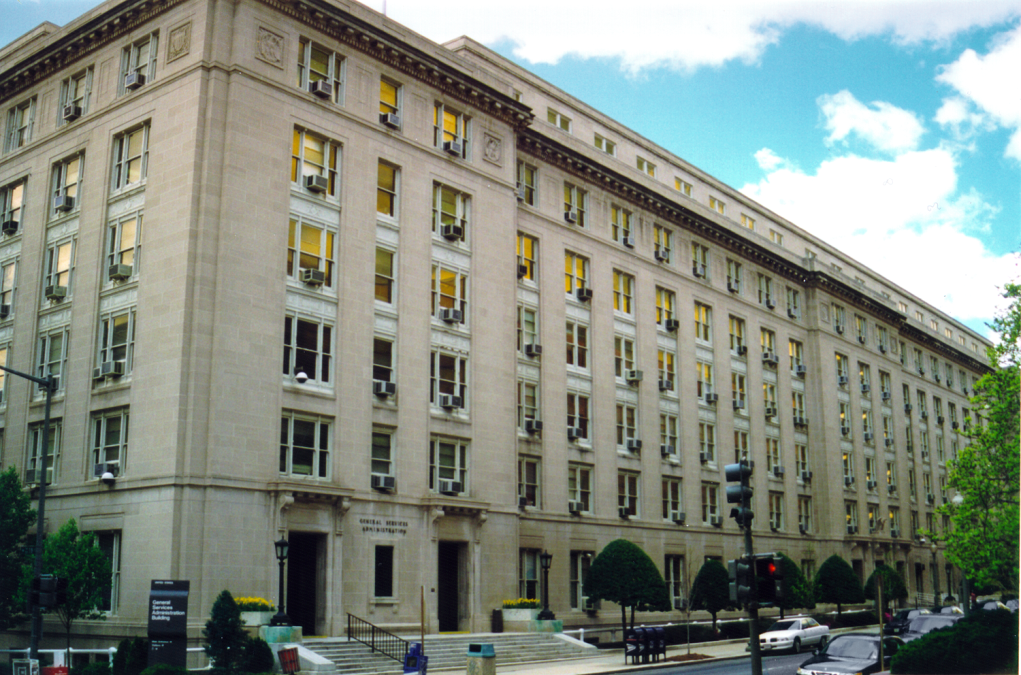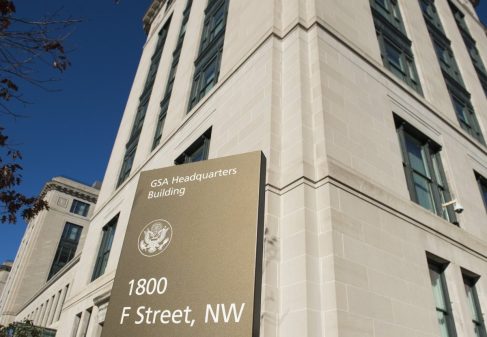Most contractors have accepted GSA’s Mass Mod

About 85% of contractors have accepted the General Services Administration’s Mass Modification, designed to expedite the offer process, ahead of the July 31, 2020, deadline.
GSA consolidated 24 schedules for finding and purchasing solutions into one Multiple Award Schedule for agencies on Oct. 1 of last year and began updating pre-existing contracts to meet the new terms and conditions, by way of the Mass Mod, in February.
Contractors that fail to accept the Mass Mod will have their offerings removed from GSA’s eTools platform, while those that have are already reaping the benefits, said Jessica Salmoiraghi, associate administrator of the Office of Governmentwide Policy, on Monday.
She cited an example: An information technology contractor working with a manufacturer to make hospital air filters approached the Federal Acquisition Service within GSA about adding the product to its offerings to assist with coronavirus pandemic response.
“Since the IT contractor had already accepted the Mass Modification, they could easily add the product to their contract and deliver the product via prime-sub relationship,” Salmoiraghi said during a Professional Services Council virtual conference. “Prior to the consolidation, the hospital air filter manufacturer would have had to go through the offer process for a different contract for air filters, so it’s really shortening that timeline.”
As Phase 2 of MAS consolidation continues, GSA is looking to automate parts of the contracting process to make it “less cumbersome,” Salmoiraghi added.
GSA began testing a new use case for its Truman bot, designed in 2019 to automatically review new contractors based on the MAS, in January. The bot is automating the new offer review process by checking the excluded parties list and pre-filling templates.
Already Truman has processed more than 1,000 MAS offers, saving 1,300 hours of staff time between January and June.
“We’ve been leaning forward into bots not just here, in this particular example, but also in terms of time management, in terms of lease changes,” Salmoiraghi said.
The MAS solicitation is organized into 12 large categories, which are divided into subcategories and Special Item Numbers (SINs) — reduced from 800 to 300 for clarity.
A third and final phase of MAS Consolidation is slated for the second half of fiscal 2020.





